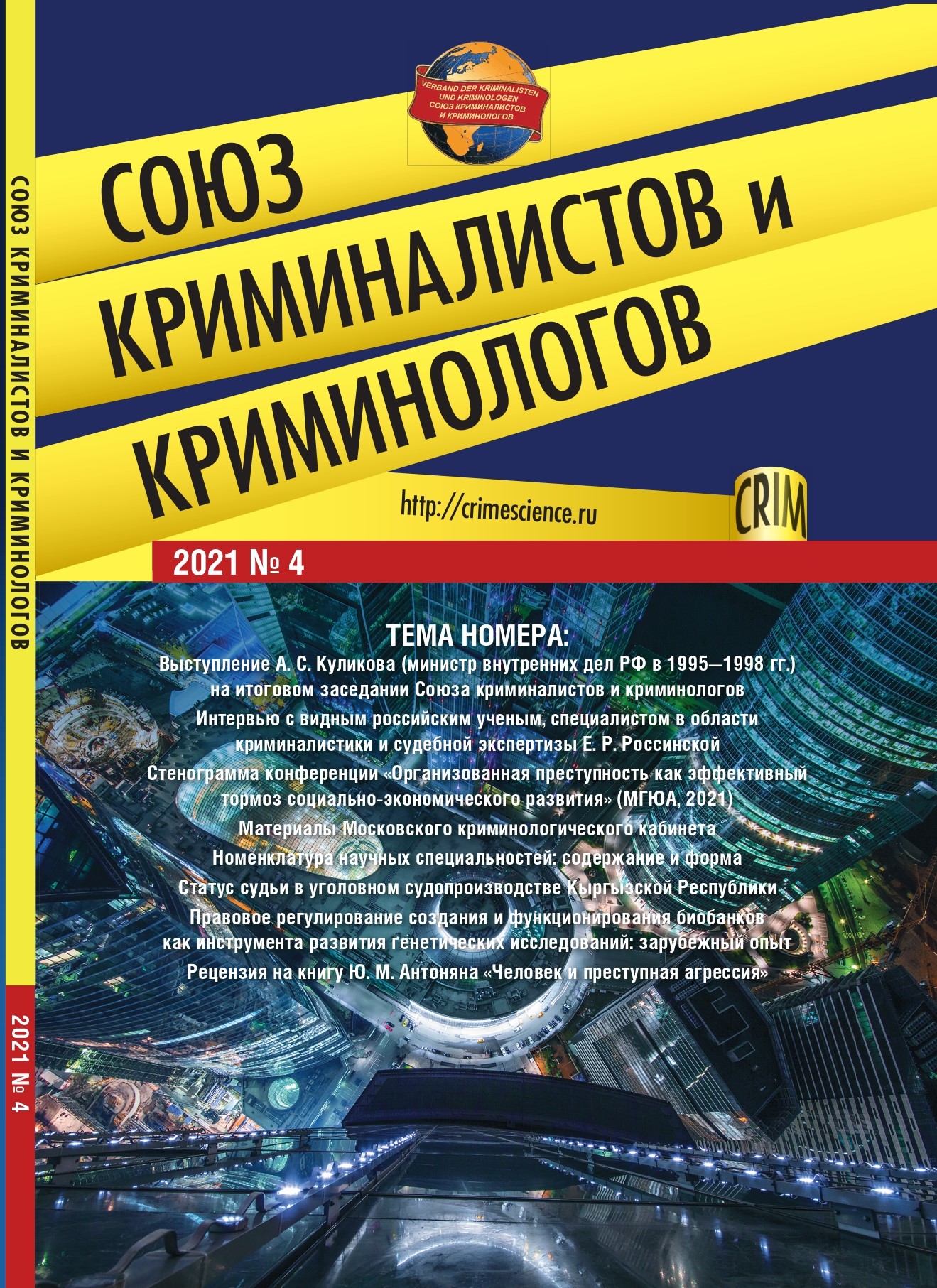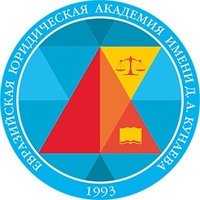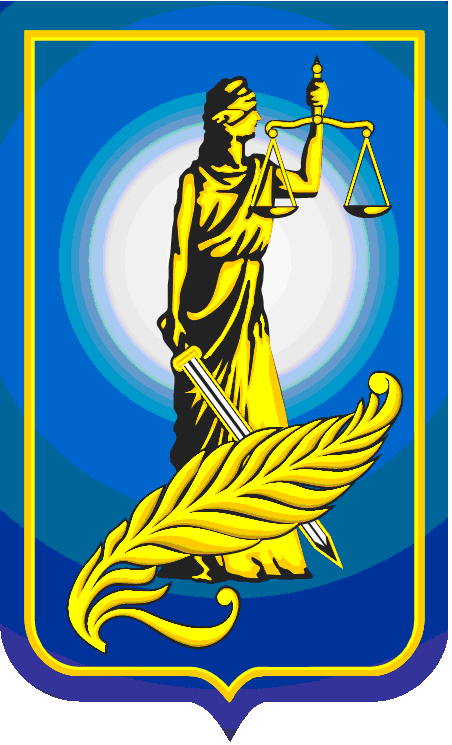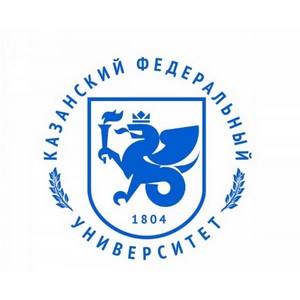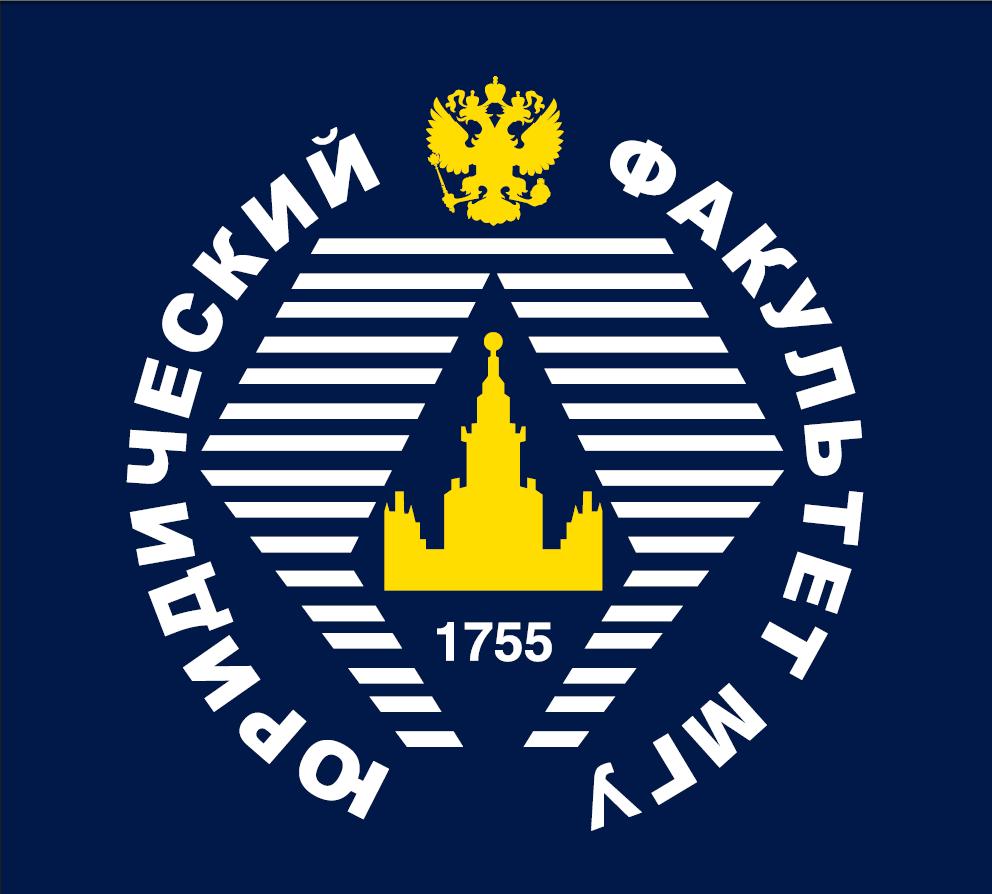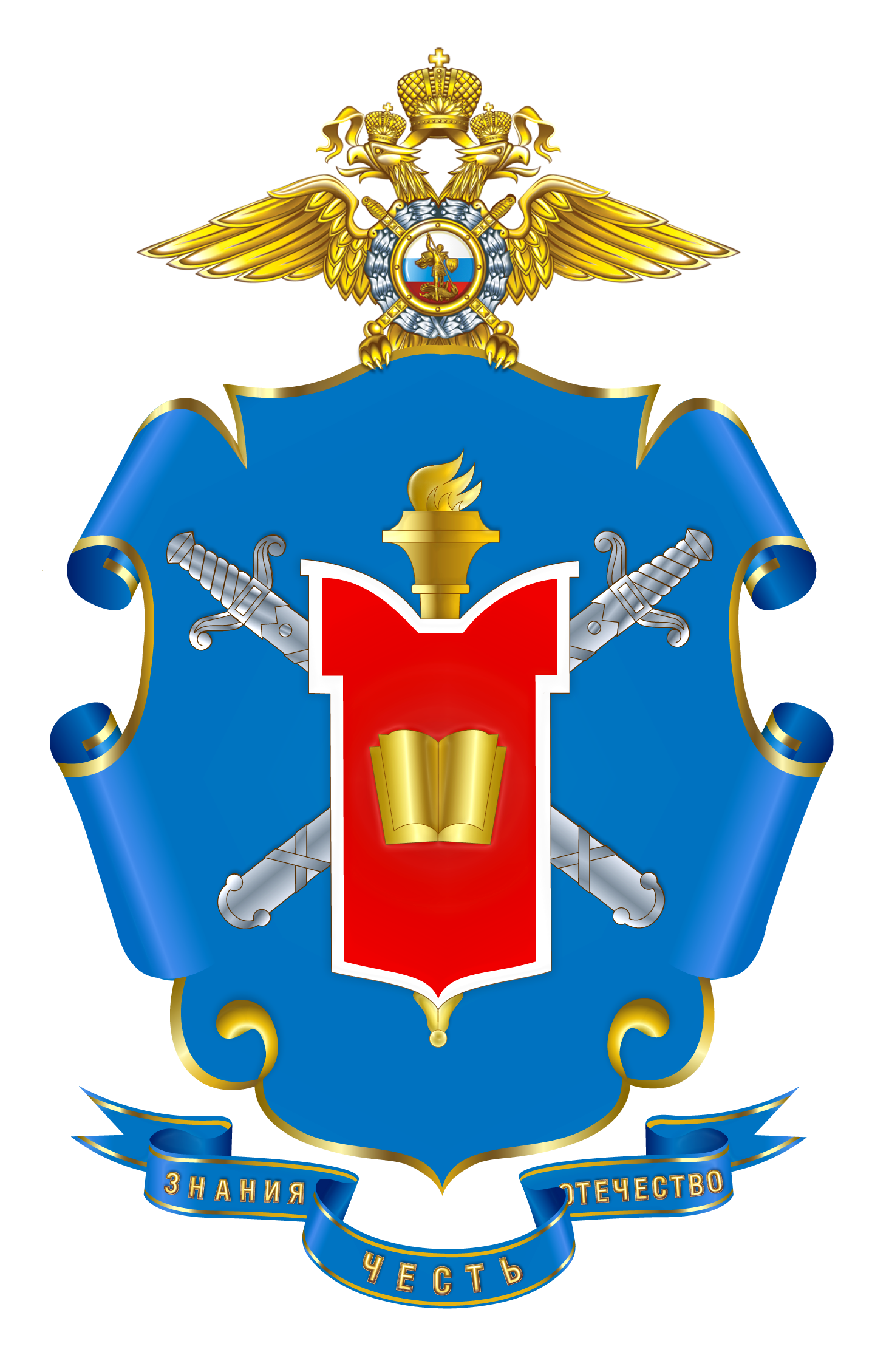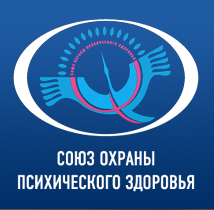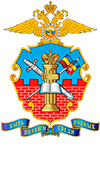On 19 August 1990, a group of criminals, desperate thugs, made a daring escape from a high-security colony in Yakutia. The criminals disarmed the guards, seized a plane with passengers at the airport and demanded departure outside the USSR. In order to save the lives of innocent people and avoid bloodshed, the hijackers were allowed to fly abroad. The plane landed in the city of Karachi in Pakistan, where the terrorists released the hostages and surrendered to local authorities.
The hijackers appealed to the Pakistani authorities to grant them political asylum but were refused. Islamabad also refused to extradite criminals to Russia, deciding to try them according to Islamic laws. All 11 repeat offenders were sentenced to life imprisonment. The verdict of the court shocked the defectors. Two of them subsequently committed suicide, one died of a heart attack in a prison hospital. The temperature in the overcrowded Pakistani prisons reached up to 60 degrees Celsius.
‘Every day spent here seems to us a continuous horror and nightmare,’ the organiser of the escape Andrey Isakov wrote to the Prosecutor General’s Office of Russia. ‘Only death and the hope of ever escaping to our homeland can be deliverance.’
In 1998, the decision of the Islamabad court was reviewed and the terrorists were pardoned. All eight people expressed a desire to return to Russia, although they were offered to stay in Pakistan.
In Russia, new terms of imprisonment were awaiting the newly arrived criminals. However, they were credited with the time during which they served their sentences in prisons in Pakistan.
Igor Dzhokhadze. The criminal chronicle of humanity
Translated by Elizaveta O. Ovchinnikova





